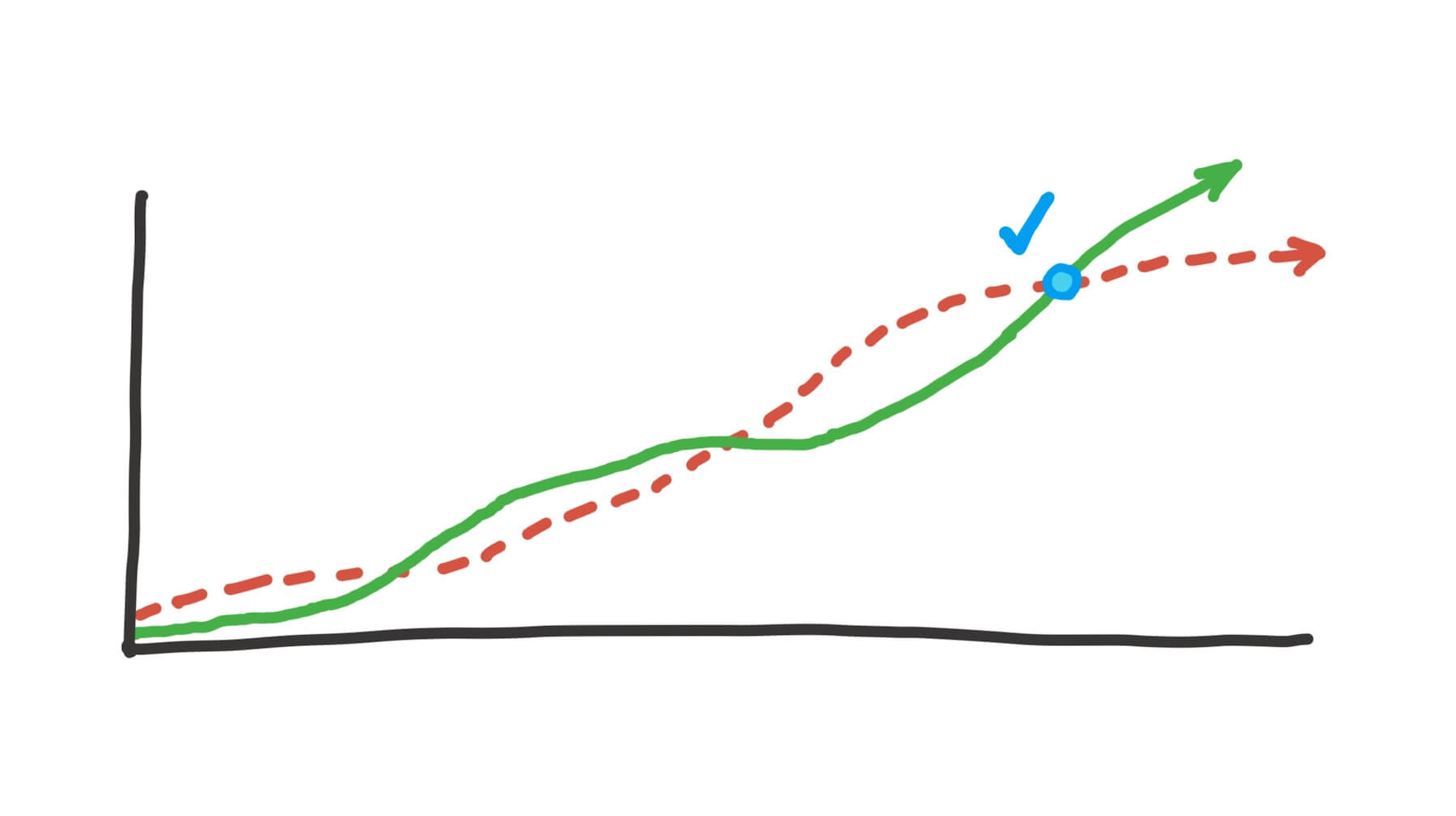August 31, 2022 • #
An interesting post from Sandy on the “stealth objection”: when a customer, investor, user, employee — anyone — harbors some resistance to what you’re selling them, but doesn’t make it explicit.
My experience here is mostly in getting users to buy or adopt our product. Anytime you’re showing off what you’ve got and selling them on the concept, some objections are out in the open. “It’s too expensive”. “It doesn’t support SSO”. “I can’t integrate with X”. These ones are on the easy end of the spectrum. At least you know where you stand!
...
✦
September 1, 2021 • #
Product-led growth has been booming in the B2B software universe, becoming the fashionable way to approach go-to-market in SaaS. I’m a believer in the philosophy, as we’ve seen companies grow to immense scales and valuations off of the economic efficiencies of this approach powered by better and better technology. People point to companies like Atlassian, Slack, or Figma as examples that grew enormously through pure self-service, freemium models. You hear a lot of “they got to $NN million in revenue with no salespeople.”
This binary mental model of either product-led or sales-led leads to a false dichotomy,...
✦
December 11, 2020 • #
In the wake of Salesforce’s acquisition of Slack, there’s been a flood of analysis on whether it was a sign of Slack’s success or failure to grow as a company. It’s funny that we live in a time when a $27bn acquisition of a 7-year-old company gets interpreted as a failure. I’d consider it validation for their business that a $200bn company like Salesforce makes their largest acquisition ever on you. Broadly, it’s a move to make Salesforce more competitive with Microsoft as an operating system for business productivity writ-large.
One likely driver of selling now...
✦
August 10, 2020 • #
I recently watched this Mark Roberge session where he had an interesting way of describing the challenge that follows product-market fit. Tons of startup literature is out there talking about p-m fit. And likewise there’s plenty out there about scaling, leadership, and company-building.

One of the most fascinating stages is in between, what he calls “go-to-market fit.” This is where you’ve found some traction and solved a problem, but haven’t figured out how to do it efficiently. Here’s how you think about the...
✦
